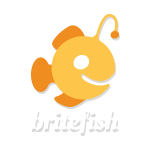The expansive and increasing use of healthcare apps offer new and innovative ways to monitor one’s health and improve healthcare delivery. Some healthcare app development trends to look out for in 2020 include:
Internet of things
One trend that will continue to grow in 2020 in the healthcare app development industry is the “internet of things”, or IoT. The internet of things has already been seen in wearables like smartwatches and fitness trackers. IoT is able to aid patients in tracking their health day to day. In the administrative side of the healthcare business, IoT can help suggest treatments for patients and possible diagnoses.
Mobile Payment
With mobile payment becoming available in a variety of fields, it’s no surprise that the healthcare industry is following suit with this trend. Mobile payment provides patients the convenience they crave and expect when it comes to managing their finances. This can allow patients to autonomously manage their balance and even set up a payment plan.
Real-Time Health Monitoring
The invention of apps and smart technology designed specifically to track health and fitness has encouraged many people to strive towards and keep track of their goals. There has been an influx of devices and apps that are able to count steps, track sleep patterns, take blood pressure, count calories, and aid in mindfulness and meditation. What to expect in the future of real-time health tracking are apps and devices that are able to gather information more accurately and provide specific instructions to better the user’s health.
Artificial Intelligence
Artificial intelligence, or AI, is one trend that is predicted to make huge advancements in the medical field in 2020. Incorporating AI into the healthcare industry may be able to significantly cut down on medical costs and future clinic visits. Some possible future examples of artificial intelligence in the medical fields could be robot-assisted surgeries, virtual nursing assistants and the possibility to make preliminary diagnoses.
Blockchain
Blockchain is used in the healthcare industry to record, store, and share sensitive patient information and is able to reduce the need for a go-between, creating increased security. Blockchain allows for more effortless data transfer and increased transparency of procedure between hospitals and health insurance companies.
Telemedicine
Telemedicine is the remote delivery of healthcare services through telecommunication technologies. Telemedicine allows for long distance health evaluations for patients who are unable to make it to an in-person visit. This is especially helpful for patients with chronic diseases, as their vitals can be monitored through mobile devices.
Cloud-Based Apps
Cloud-based mobile healthcare apps are able to incorporate electronic health records into the cloud, which ensures fluid sharing of files and and health records. This provides hospitals with smoother access to patient’s records, health insurance and bills.
Big Data
A trend to look for in 2020 is the use of big data in the healthcare industry to better manage patient’s finances, health records, and insurance records. Big data coinciding with healthcare apps can ensure that hospitals will be properly staffed by predicting how many patients to expect on a given night. Predictive analysis is made possible by the integration of big data in healthcare, which can aid doctors in treating their patients in the most efficient way. There is an ever-growing demand for electronic health records in the medical field. This gives patients access to their own records and allows doctors to give patients specific instructions through mobile apps.
The influx of new technology and healthcare apps provides both patients and healthcare professionals with increased communication, efficiency and quality of care. Mobile healthcare apps are improving the industry in many aspects and there’s no indication for an end in sight any time soon.




